跨文化商务交际结课论文题 题 目 目: :The Time Difference in Intercultural Communication作 者: 侯有森学 号:201317718院 系;外国语学院 专 业:英语系The Time Difference in Intercultural Communication Abstract:Time as a silent language and a necessary component of culture, plays a very important role in our daily life。The cultural dufference leads to the time value difference and as a result,the time differences influence the communications among people in different cultures。So it is meaningful and significant to study the time value difference of people in different culture。
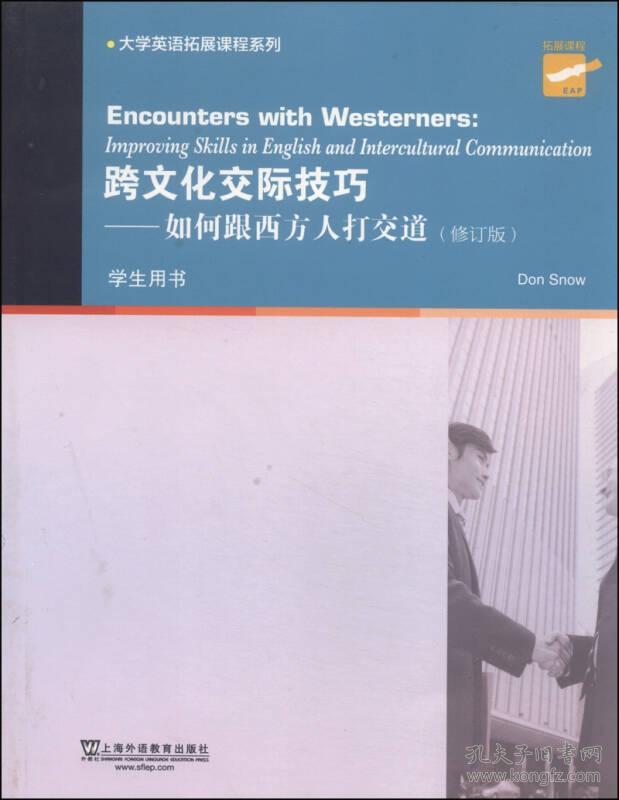
Key Wards: :intercultural communication;time values;time nation;integrate Because of the social practice,ways of thinking and understanding and time of people from different cultures are different。. That is to say, time ,as an objective existence,has different forms of reflection in different cultures.Time view is seen as a part of cultural deed structure,which affects people‘s perception of the world,controls their judgment and determines the ways of behaviors.The vagueness and exactness Of Chinese and western cu1ture usually lead to conflicts and misunderstanding when peop1e interact with each Other.The Chinese use time Very casually and tangibly.The Chinese prefer to say some uncertain words 1ike “at Once”,“sometimes”,“a short while”,which a1ways contrary to the westerners.Westerners prefer a correct ang clear time。
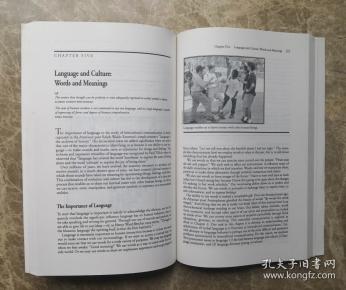
Though time is a cognitive concept shared by the human society,because the social practice of people from different cultures and their different historical and geographical environments,people may differ in the meanings they give to time and the way they make use of time。Therefore ,when people from different cultures carry out communication, time, as an invisible guide, will has a great effect on people’s words and deeds跨文化交际英语论文,which prevents communication from realizing its intended purpose。We try to discuss the difference between time values and time behaviors of Chinese cultures and Western cultures so as to analyze their impacts on the cultural communication. Different peoples in the worId , because Of their different geographica1 environments,history and traditions,their understandings and attitudes towards time are different,which ref1ect specifically On the habits Of timing and using time.American cultural experts divided the using Of time in different cultures into two areas:One is monochromic time system and the other is polychromic time system(Hall,l 982,p.1 6).The former emphasizes schedule and punctuality.And subscription and punctuality are the customs of it.Many industrialized society。
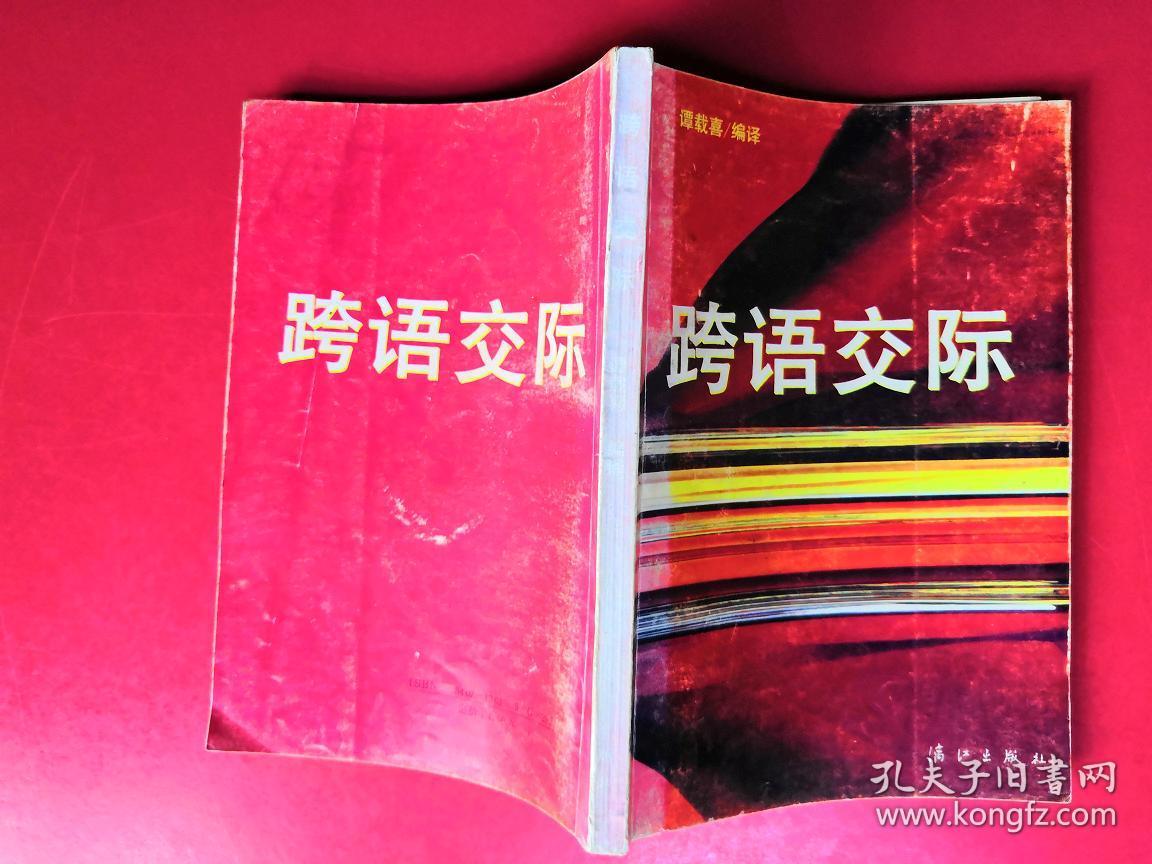
adopt monochromic time system.They plan time very carefully,arrange One thing in a period of time,not easily alter the schedule and stress efficiency.The latter is very casual in timing and using time.Booking are regarded as nothing serious.Being punctual is important but not strict.Many Asian,Latin American,Arabic and African countries beIong to the Iatter.PoIychromic time system is the heritage of traditional agriculturaI society.Their people are used to doing severa1 different things at the same time and do things stressing ripe conditions.The Chinese think that everything in the wor1d develops with the cyc1ing Of time,so people stress ripe conditions when work.That is to say,each step Of our action is determined temporarily by our surroundings.So the Chinese action is poorly planned跨文化交际英语论文,very tangible but inefficient.The Chinese hardly subscribe in advance in the social activity.Friends and relatives can Visit each other at any time and place.In some occasions,peopIe can chat,read newspaper and work at the same time.The Chinese can go on with One thing next day that has not been finished 1ast day.The Chinese salesmen can check Out with the first customer on the one hand,and show the goods to a second one on the other hand,even greet a third One at the same time.However,the westerns can hardly accomplish them and also cannot accept them. The westerns are accustomed to doing only one thing in a specific unit time.So,calendar,schedule,diary,annual and accounting ledger p1ay a very important ro1e in the western wor1d.Americans are strongly controlled by time’s iron hand.They even claim themselves to be“slave to nothing but the clock”:They always feel that time are “ticking in their inner heart。
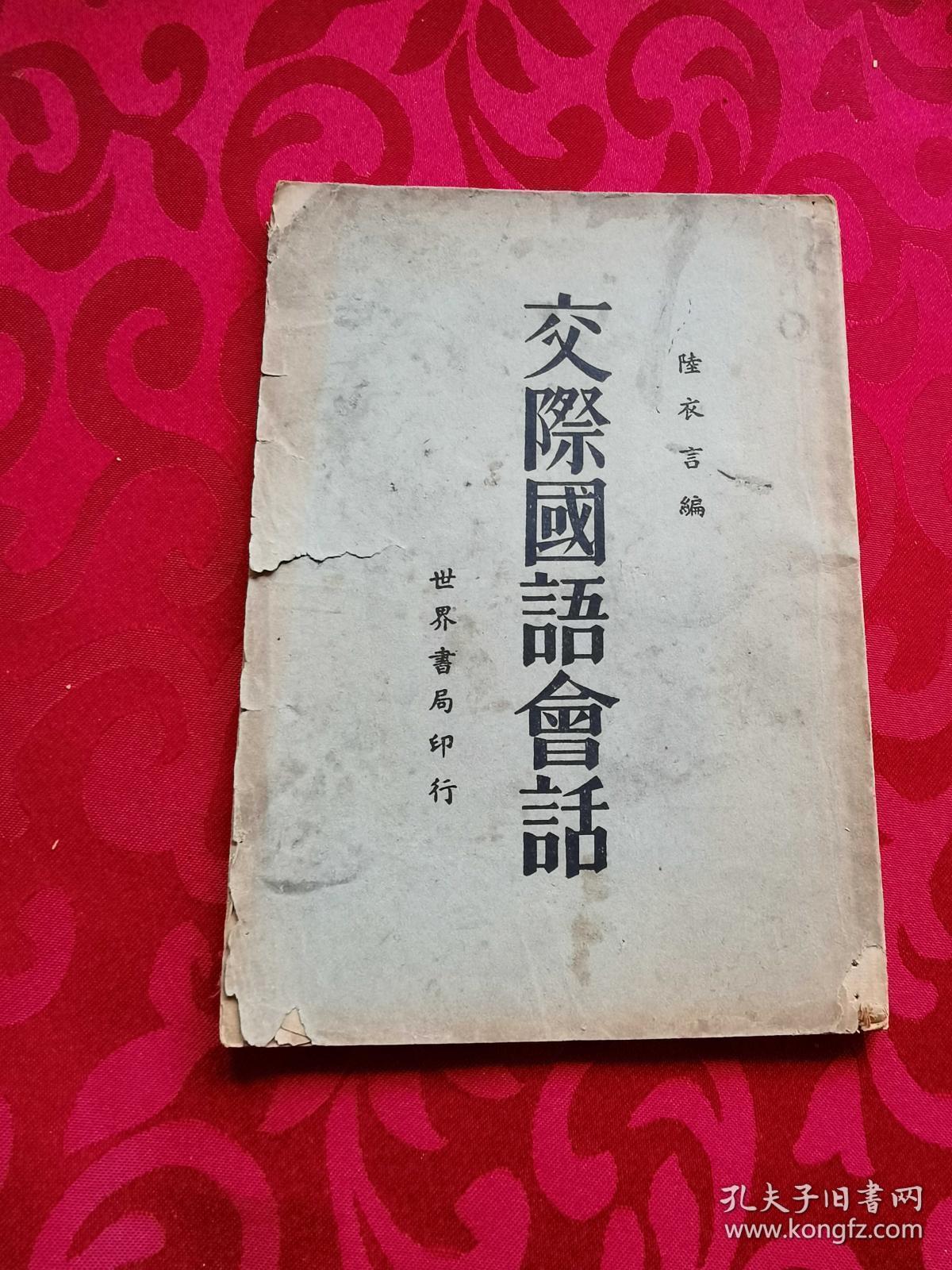
There is a saying“Time is everything ’.Hall(1 982,p.20)has said:“In the western world,nobody can escape from the control Of One—way time’s iron hand.In fact,social and commercial life even sexual lives are all under time’s control。 Time weave the net Of people’s life totalIy".In cross—cultural commercia1 activities,the westerners do things strictly in accordance with time table,while the Chinese stress interpersonal relationship’s harmony and ripe conditions Of things’development,not allowing the time table to interfere.So the trade of these two sides always fails because Of deadline。
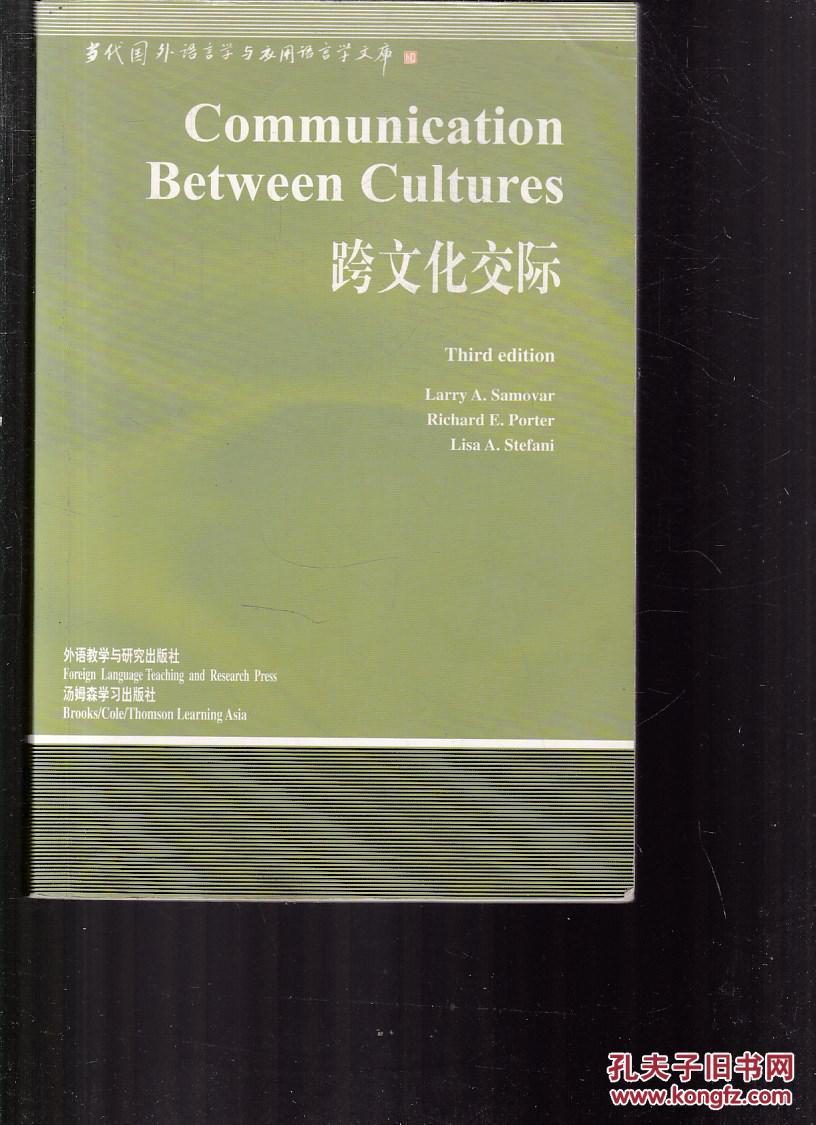
With the coming of the new century,the world is changing all the time,and the competition is more acute.To any nation,looking back is useless.It can only move forwards. The power of age,experience and teacher in Chinese culture begin to be challenged.When people take their past and history correctly,they are hurrying to make plans and aims for their life at the same time . In the 2lst century , the life and future—oriented time conception that based on nationality,practicality and efficiency are gradual1y accepted by people from different culture.However,because time views of different society are factors of respective cu1tures,their biases are deep—rooted and it is not easy to be got rid of 。
So when people of the two sides carry out cross—communication,they should be aware of this point and try to avoid conflicts and obstacles brought about by cultural difference of time views,so that our communication can achieve its intended aims and we can understand each other’s culture better。 Now ,the time values of both chinese and western have impacts on each other and are gradually integrated with each other.We need to know more about them so that we can form a better concept of time and take a better advantage of time in the future job market。
